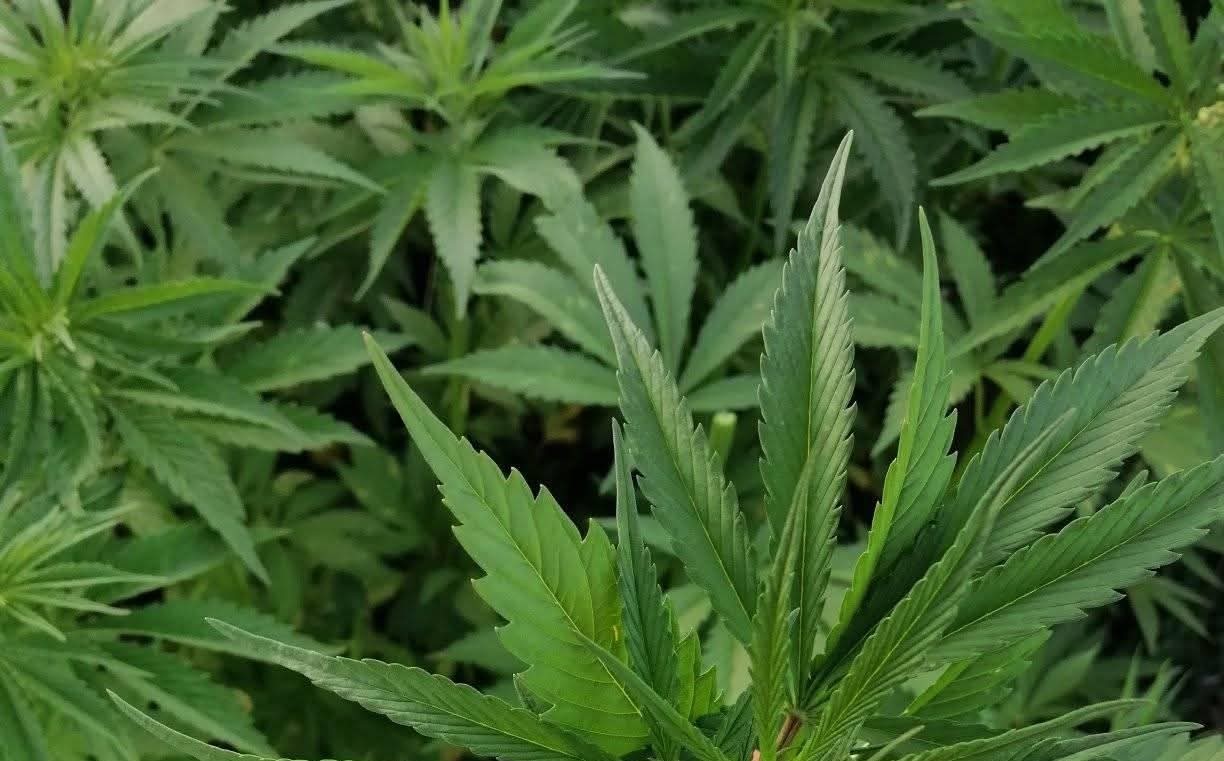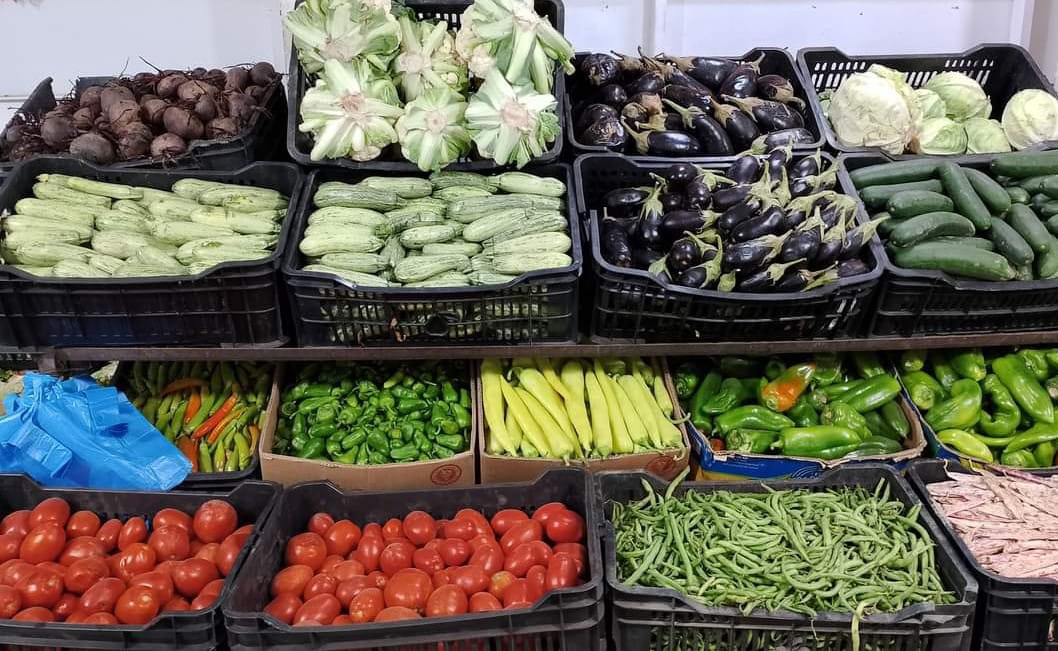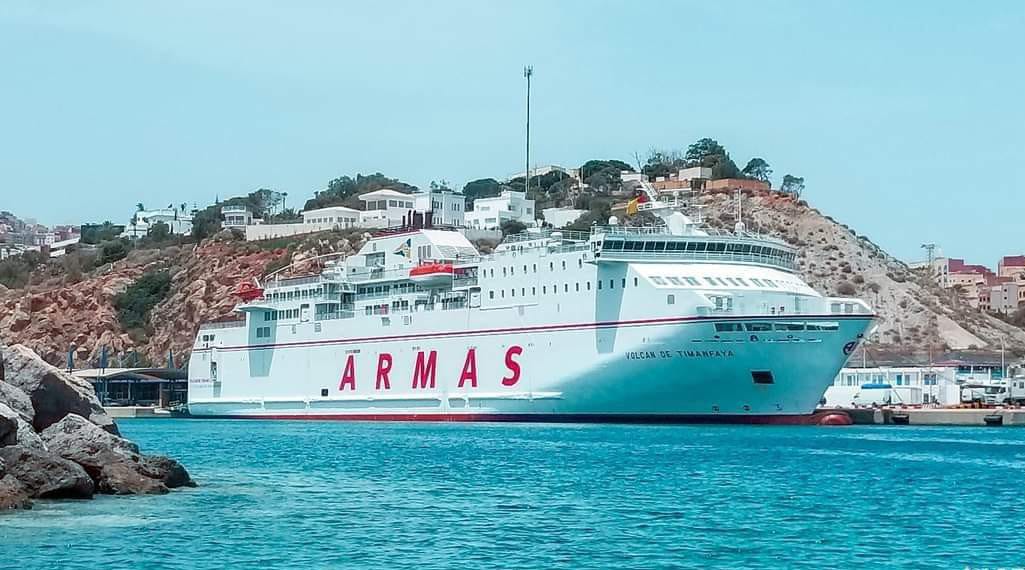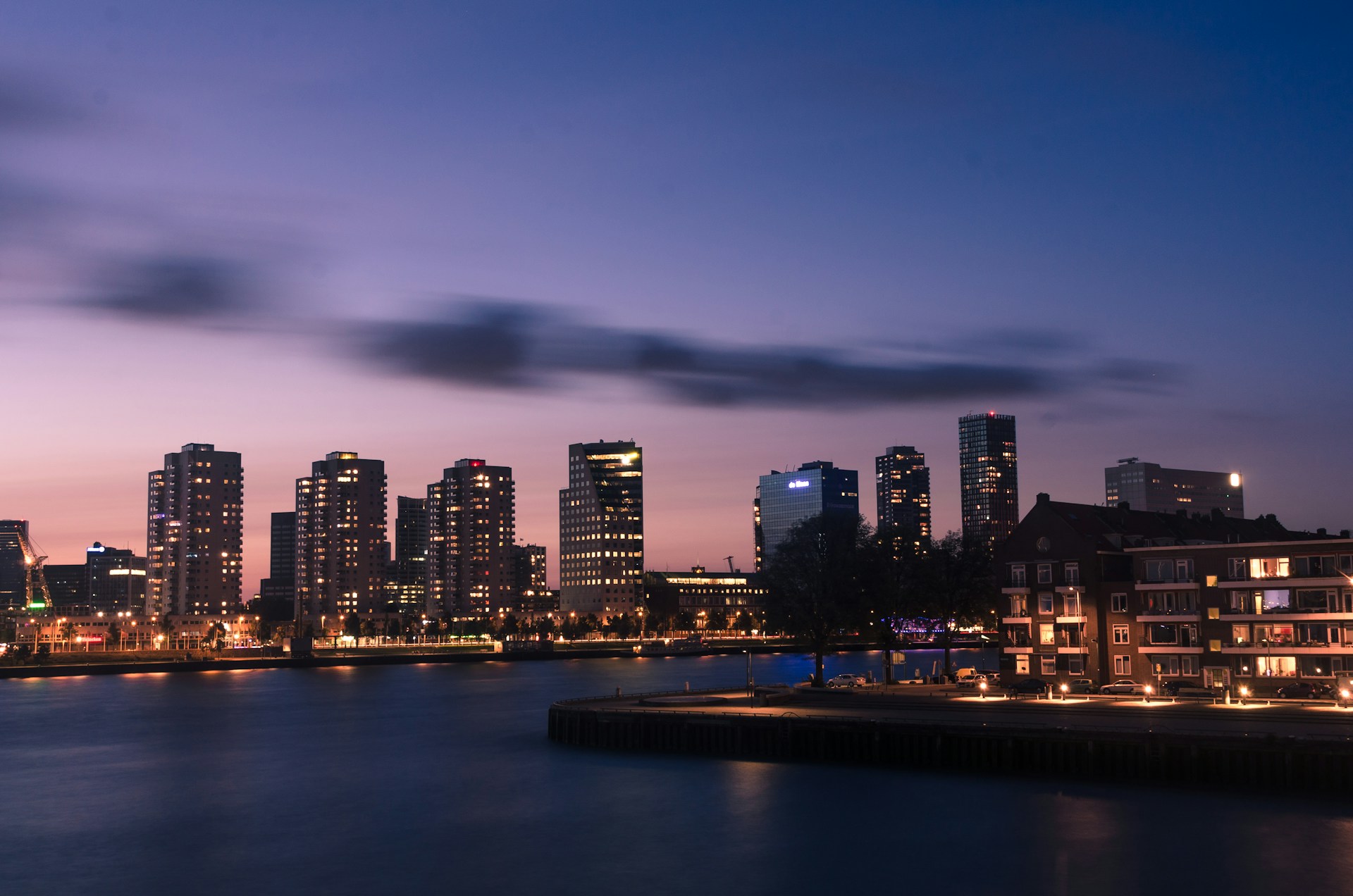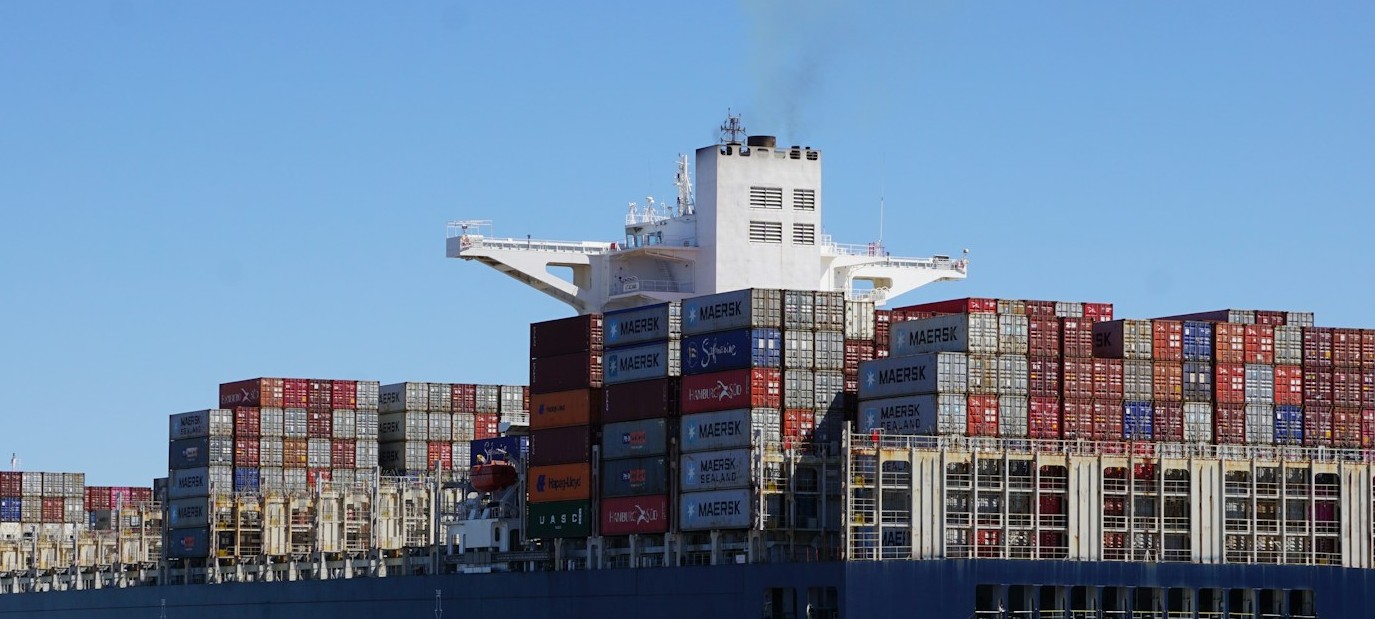Casablanca – In a significant development for Morocco’s emerging legal cannabis sector, the country has successfully exported its first shipment of medical cannabis to Australia, signaling a growing momentum in its efforts to transform traditional cannabis cultivation into a regulated and economically viable industry. The shipment was carried out by Moroccan company Canflex and involved the indigenous cannabis strain known as “Beldiya”, long cultivated in Morocco’s mountainous northern regions.
This export marks the third international shipment of Moroccan medical cannabis since the legalization framework came into effect. In April, Morocco had already sent earlier consignments to Switzerland and South Africa, as part of its broader strategy to enter the global pharmaceutical cannabis market.
A controlled and strategic operation
The shipment to Australia, which departed from Mohammed V International Airport in Casablanca, followed months of preparation involving pharmaceutical laboratories and Australian health authorities. The process was supervised by the National Agency for the Regulation of Activities Related to Cannabis (ANRAC), in coordination with the Moroccan Agency for Medicines and Health Products, the Export Control and Coordination Authority, and airport customs.
The authorities emphasized that every step of the operation complied with international standards for pharmaceutical-grade cannabis, including strict quality control, documentation, and logistics handling.
On the same day as the Australian export, Morocco also dispatched a separate shipment of over 400 kilograms of medical CBD-based cannabis products to Switzerland, reinforcing its position as a reliable supplier in a growing global industry.
Expansion of legal cultivation
The cannabis used in these exports comes from a legal cultivation program launched in 2023, centered on the Beldiya strain, which has been grown for generations in the Rif region. After a successful pilot year, the program expanded rapidly: cultivated land increased from 1,400 hectares to between 3,000 and 3,500 hectares in 2024, according to ANRAC figures.
The number of farmers involved has also grown significantly. As of 2024, 2,647 licensed farmers were engaged in legal cannabis cultivation under the state-regulated framework, collectively receiving 3,371 permits for medical and industrial uses.
Regulatory framework and compliance
Morocco’s approach to cannabis legalization is rooted in a strict regulatory framework enacted in July 2022, following the adoption of a national strategy a month earlier. This strategy was designed to integrate traditional growers into the legal economy, ensure product quality, and align the country with international treaties and public health standards.
Under the current regulations, cultivation is restricted to medical, pharmaceutical, and industrial purposes. Farmers must be organized into licensed cooperatives and are required to sign advance purchase contracts with approved commercial operators. This ensures that all production is traceable, meets safety standards, and is used strictly for authorized purposes.
One key aspect of compliance is the limitation of THC content in cannabis products. Moroccan law mandates that any product with more than 1% THC — the psychoactive component of cannabis — cannot be sold or exported. Any such excess must be destroyed to maintain legal and health safeguards.
A social and economic transformation
The Moroccan government sees the legalization of medical cannabis not only as an economic opportunity but also as a social development initiative, especially for regions like the Rif that have historically depended on cannabis cultivation conducted outside of legal frameworks.
By offering legal alternatives and opening up regulated export channels, the authorities aim to reduce reliance on illegal trade, create formal employment, and attract domestic and foreign investment into rural areas.
Industry observers note that Morocco’s entry into the international medical cannabis market comes at a time of rising global demand, particularly in Europe, North America, and Oceania, where cannabis-based therapies are increasingly accepted for treating conditions such as chronic pain, epilepsy, and multiple sclerosis.
Outlook
As Morocco continues to build credibility as a legal cannabis exporter, experts believe that the country could become a regional leader in regulated cannabis production, thanks to its climate, cultivation expertise, and government-backed regulatory infrastructure.
The successful shipment to Australia is expected to pave the way for additional export partnerships and establish Morocco as a reliable supplier in the pharmaceutical cannabis sector. With legal cultivation expanding and more cooperative contracts in place, the coming years could see Morocco playing a more prominent role in the global market for medical cannabis — offering both economic promise and legal clarity to an industry long operating in the shadows.






